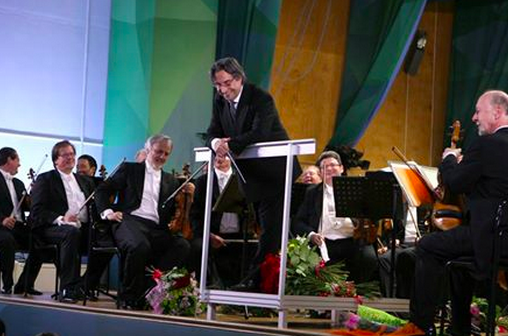“Ikea is the brand Italians appreciate the most.”
This is a recent headline seen on the media.
An authoritative study certifies it, with a lot of figures (300 thousand people interviewed by Havas in 34 countries, on a sample of 1,000 brands).
Trademarks are considered within different areas including health, happiness, wealth, relationship, community.
Here’s what Havas says:
These brands can increase up to seven times their competitive strength and earn about 46% more than the brand perceived as less significant (…) Top Meaningful Brands get marketing performances twice as good as those achieved by less significant brands”
Ikea’s placement, according to the research, is all about…
“The ability to ‘meet the growing demand for simplification of everyday life while ensuring good quality at a fair price'”
Allow me a few observations from the point of view of who’s been judged by the Corriere della Sera “a winning and living example of how to compete with globalization” (here the article in Italian, by Dario De Vico).
A few elements come to my mind:
– The globablization of taste proposed by Ikea is quite the opposite , in my opinion, of well-being, relationship and community
– As to aesthetics and values, what Ikea suggests is a flattening of life, homogenization of taste, environmental unsustainability
– Speaking about value, if we take into count the economies of scale that Ikea enjoys, it… is astronomical (to be clear: if a company like ours were to do a small production of, say, 10 or 20 pieces, it could very well put them on the market at “Ikea price”; if you multiply by millions of pieces, it’s easy to understand how the value for money is high… mainly for shareholders!)
All this makes me think about our country and the luck we have being protagonists – internationally recognized – of quality of life, taste, lifestyle, beauty.
This is something higher than any market research, and has roots in the history of our country, not surprisingly home of the most part of works of art in the world.
No brand can compete with “Italy brand” as to good life, relationship and community… the most “meaningful brand” of all, throughout the world, is called Italy.
Now, about the industry of interior design and furnishing, Italy has a strong heritage in the cultural tradition of its artisans.
This “knowledge” is translated into:
– production of unique and “bespoke” pieces for the person, for the family, for the business
– the cost of these products: absolutely sustainable and competitive, thanks to the expertise of processes and materials (and consider that you can manage and controlthe whole design-production process)
– eternal durabilty, thanks to absolute quality
– production times, quick and manageable
– personal relationship: you deal with faces and people, not with customer services
Moreover, by purchasing a product of Italian craftsmanship, we finance our businesses, we build a piece of future for our children.
If we believe in Made in Italy we Italians must invest in Italy.
Italian SMEs invest every day in this country. As consumers, we should do the same.
For example, try to buy Made in Italy products only (although they may cost a little more, and we know why) and be proud to be testimonials of our products and way of life.
It is very possibile that the world still needs this small, boot-shaped country… long live Italy!
(Daniela Podda)


